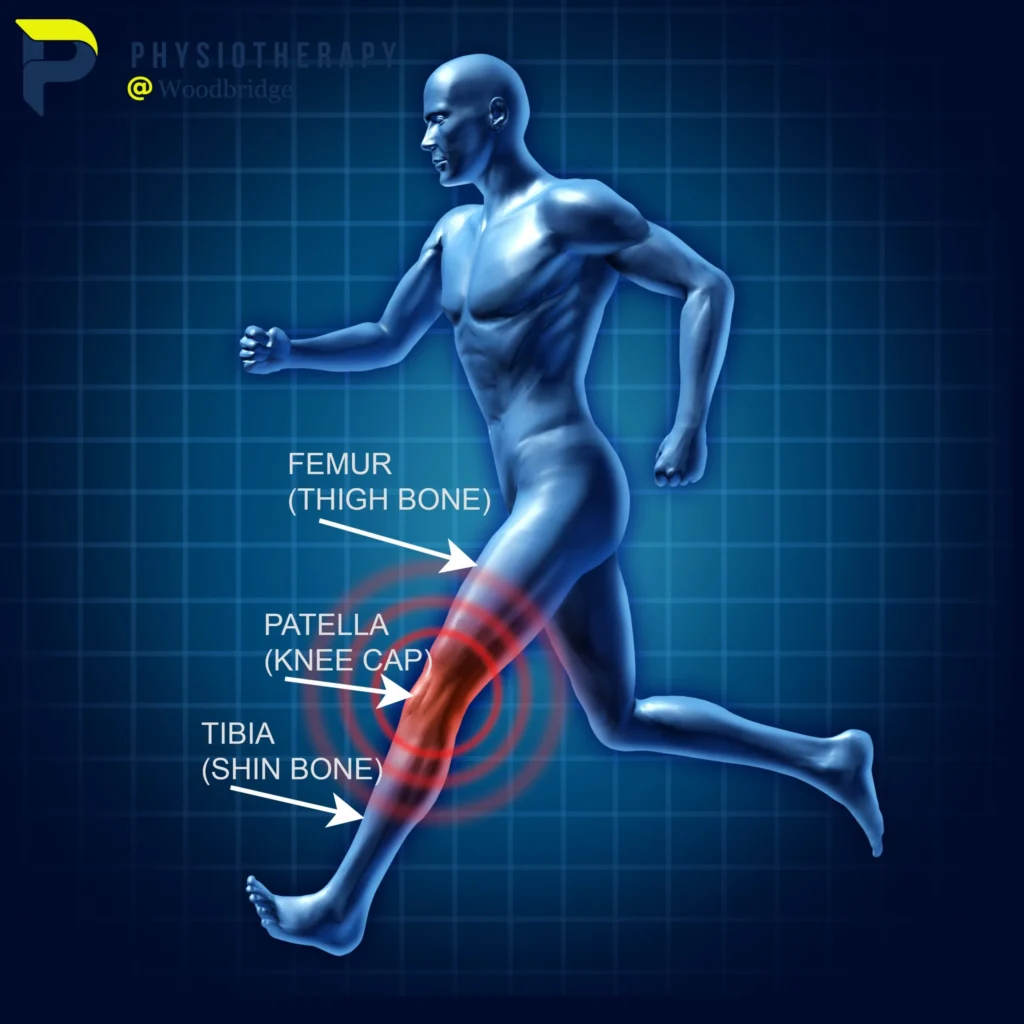Living with chronic pain can be physically and emotionally exhausting, and adding stress to the mix often complicates this experience. Although stress may not directly cause chronic pain, the two are frequently intertwined, with one influencing the other. Here is more information on how stress interacts with chronic pain, focusing on changes in the brain and body, as well as when it might be time to see a pain management specialist:
Understanding Stress and Chronic Pain
Stress does not just intensify existing pain; it may also contribute to the progression of conditions that require a pain management specialist. Individuals with conditions like fibromyalgia or migraine often report flares during stressful periods. Stress-related hormone surges appear to exacerbate inflammation and trigger pain-sensitive pathways, ultimately worsening symptoms over time.
Psychological factors triggered by stress, such as anxiety, may also magnify pain perception. This happens because the brain sometimes interprets physical discomfort as more severe when combined with emotional distress. Chronic stress can also weaken the immune system, compounding these effects further. Stress-induced changes to sleep patterns, appetite, and energy levels can lead to physical discomfort, which may worsen chronic pain symptoms over time.
Exploring Stress and the Nervous System
Stress activates the body’s “fight or flight” response, also known as the sympathetic nervous system. This reaction releases hormones, such as cortisol and adrenaline, which prepare the body to face immediate threats. While this response is useful in short bursts, chronic stress keeps the sympathetic nervous system over-engaged. This prolonged state of alertness increases muscle tension and heightens sensitivity to pain signals.
Stress may disrupt the communication between the nervous system and parts of the brain responsible for processing pain. Research suggests that when stress persists, it can amplify pain by making the brain more alert to bodily discomfort. This cycle adds to the challenges faced by those with chronic pain conditions.
Managing These Conditions
Effective strategies to break the connection between stress and pain often involve mind-body approaches. Relaxation techniques such as mindfulness meditation or progressive muscle relaxation calm the nervous system, release built-up tension, and foster a sense of emotional balance. Over time, these techniques can help regulate an overactive stress response and improve overall well-being.
Accessing physical therapies, such as massage or gentle yoga, can ease muscle tension while promoting relaxation. These methods provide dual benefits by improving physical discomfort, enhancing flexibility, and reducing stress. Cognitive behavioral strategies have also shown promise in managing this connection. Cognitive Behavioral Therapy (CBT) helps reshape negative thought patterns and decrease stress-induced emotional reactions. By managing how the mind interprets both stress and pain, individuals may alleviate their symptoms without relying on physical treatments alone.
Find a Pain Management Specialist
Stress and chronic pain often form a feedback loop. Addressing one doesn’t automatically resolve the other, but targeted efforts on both fronts can lead to meaningful improvements in daily life and well-being. Understanding how stress impacts the nervous system provides a foundation for exploring therapies that soothe the body and mind. Combining stress management with physical therapies, mindfulness techniques, and healthy lifestyle changes enhances the overall approach to mitigating chronic pain effectively.

